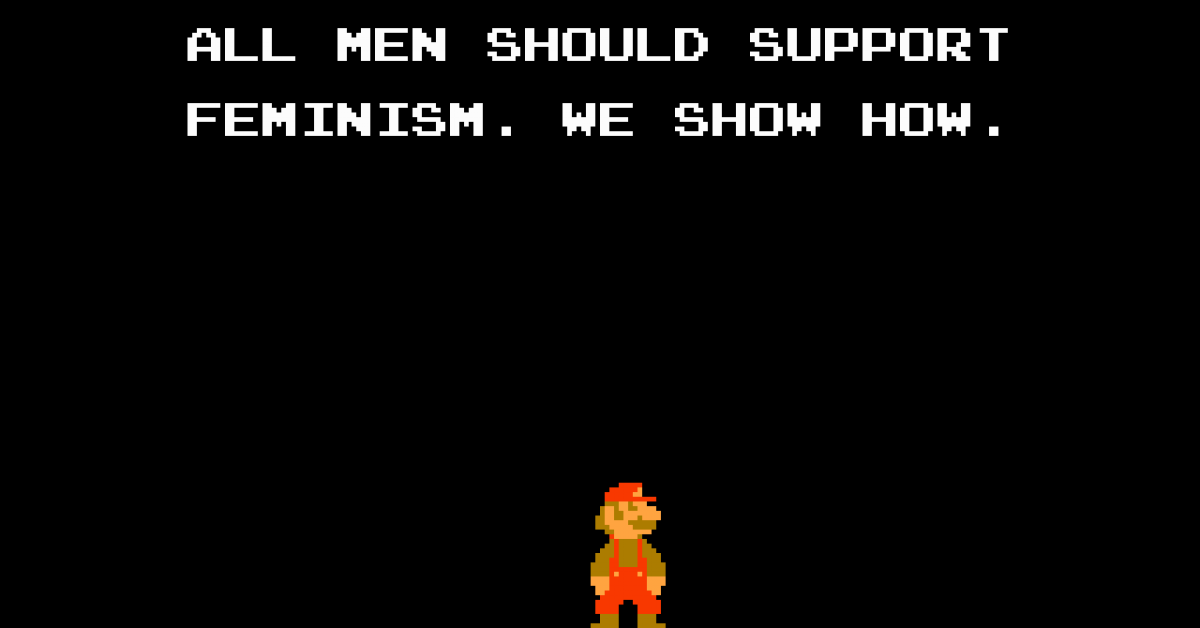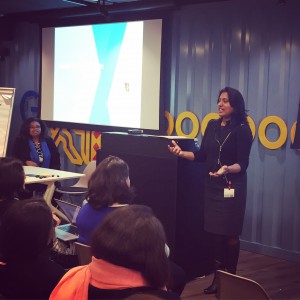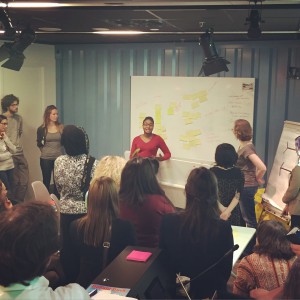Author: Robert Franken (blogger and digital consultant)
Ever since Watergate, people are adding the syllable „-gate“ to whatever incident they would like to sound more scandalously. And this is exactly what happened with the hashtag #EscortGate. Only that it is a true scandal. What had happened?
The famous NOAH Conference had come to Berlin, hosted by German Media powerhouse Axel Springer and supported by illustrious sponsors such as Credit Suisse, Hellman & Friedman and Deutsche Börse Cash Market. Prior to the event, there had been significant criticism concerning the overwhelming abundance of male protagonists at #noah16. In the end, according to fortune.com, 108 speakers were part of the conference, only eleven of those were women.
I cannot give account of the conference itself, for I haven’t been present. The organizers, however, had offered me a ten minute slot on stage „to do a fire side chat with a female Internet entrepreneur at NOAH“. I refused that, and I had my reasons, which you can read here.
What I can do and what I will do, is talk about the above-mentioned #EscortGate. Apparently, someone had brought about 100 escort ladies to the conference party. Pia Poppenreiter, founder of ohlala.com, has taken the blame for doing so. But it is common knowledge among insiders that this has a tradition at NOAH – and that Axel Springer also wanted a better ratio at the party, there had been at least one e-mail to female employees to attend the party „dressed-up“ accordingly.
Pia Poppenreiter is a professional entrepreneur, so you can assume that she knew what she was doing. Her apology for this „PR stunt“ therefore sounds like shedding crocodile tears, especially on the background of the organizers’ intentions. But does the end justify the means? Not at all.
The incidents around #noah16 are a culmination of boys’ club rituals, deeply rooted misogyny, Valley capitalism and probably some sort of simplemindedness – as in „It’s been a great party, though.“ Otherwise, it’s very hard to explain the reaction of NOAH founder Marco Rodcynek on Venture TV. He considers NOAH to be the victim of PR gone wrong and he thinks it’s been a great party. This is not what I would call leadership and responsibility.
And unfortunately, a lot of participants (not just male ones) are keeping quiet – who would want to blame them, they are all dependent on the current VC ecosystem and they want to be invited to NOAH again.
I consider events like NOAH (which in itself is a great achievement and success) to be at the forefront of change. They are powerful players. But with power, there comes a lot of responsibility. NOAH et al. need to accept that they are part of the disease and not only a depiction of the symptoms of an industry. They should be engaging in changing the male paradigm by using their various channels and their strong voice among startups and investors alike.
NOAH could show that they care:
- by changing their parameters in order to attract female speakers to the stages and panels.
- by promoting women rather than making them just a requisite for successful male entrepreneurs.
- by organizing their events along inclusiveness and diversity.
- by collaborating with people and organizations which stand for gender parity and diversity.
- by living up to a standard of mutual respect.
- by looking into their values and bringing their responsibility to the game.
The next NOAH will be in London (in November). And I would love to see what has changed when NOAH hits Berlin again. Looking forward to #noah17 and to starting the debate towards change.




